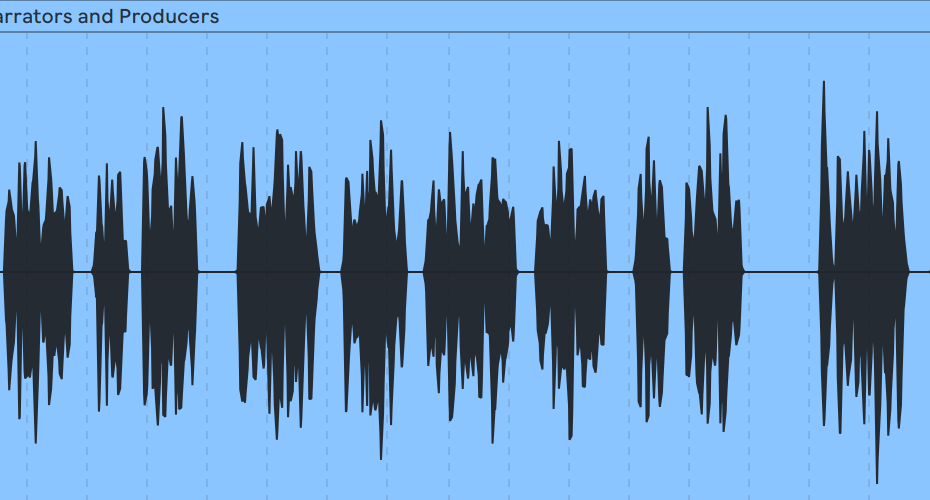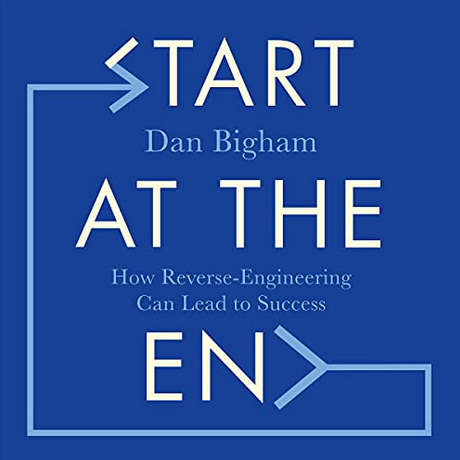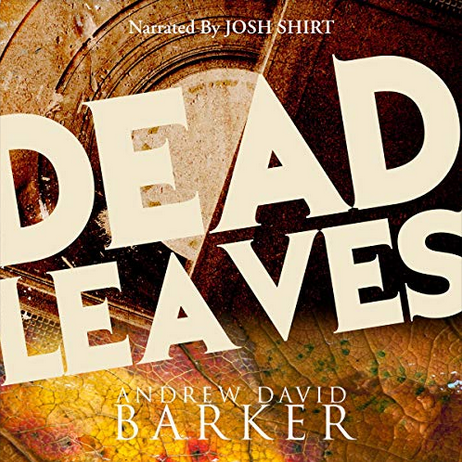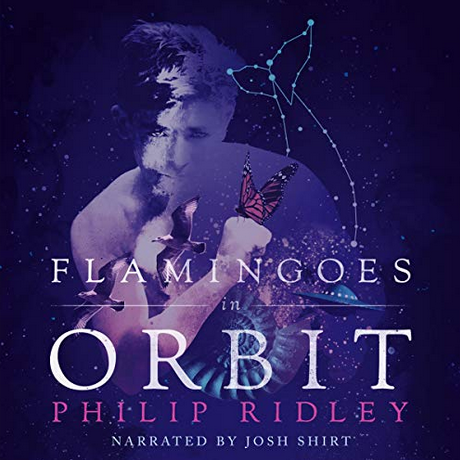Hi! I am a professional British voice over actor and audiobook narrator who has recorded audiobooks and stories for numerous publishers and authors.
In this article I share some of my top tips and tricks for creating audiobooks, covering post-production, voice acting, and even the practical uses of herbal tea!
So, You’re Making Audiobooks…
For every audiobook project, the production process can be different. One of the main things that changes is the job that the voice over narrator has in the process. In my case, sometimes I just read the book, and a producer/engineer listens as I make the recording and makes a note of any places that I make a mistake in the text. Later, they edit the recording together, apply some other processing and produce the finished book. They also deliver it to the client.
Other times, I record the book and also do all of the post-production too. When it’s ready, I deliver the book to the client.
If you are a producer, or a voice artist who is also asked to complete the post-production, then tip one is for you!
Tip 1: Speed up the Editing Process
When you’re sat behind the microphone recording your book, clap your hands or make a clicking noise with your mouth each time you make a mistake when reading the text. By doing this, you’ll see a visible marker in the audio file where all of the mistakes are, and you can quickly zoom in and remove them without having to listen to the entire recording again.

When I recorded and produced “Surreptitiously Supercilious” I used this technique to find and correct my mistakes. It resulted in a super smooth error-free dialogue:
Tip 2: Record Consistent Characters
Most audiobooks contain dialogue between multiple different characters. Narrators are often asked to perform the parts of all of the characters, and differentiate them so that the listener can easily distinguish them.
To help to differentiate characters, I often use different accents and I change the pitch of the voice from character to character. Some of my characters are Northern English with deep voices, others have Southern English accents and may be higher pitched, some are given nasal or even quirky, unusual voices.
Once I’ve decided on what my characters sound like, I usually have a phrase that stays in my mind for each one, which captures their accent and persona. To give an example, when I recorded “Over the Hills and Far Away”, where the protagonist is a pirate, I recited ‘arrr, who’s been drinkin’ me grog?’ each time the pirate character appeared in the dialogue.
Once you have a phrase that sums up your character, repeat it each time the character appears in the dialogue to help switch your tongue and brain back into character.
Tip 1 makes a reappearance here: Make a mouth click after you say the phrase to allow it to be removed easily when you’re editing the book together later.
Tip 3: Choose Auditions Wisely
Accents can be at the core of most successful and convincing performances of fiction.
Tip three is simply: Choose to audition for books where the story is set in a geographical location that’s a good match with your native accent(s).
This could be as general as a British narrator reading a book set in England or the UK, or as specific as an English Midlands accent reading a book set in their home county of Derbyshire – as was exactly what happened when I read “Dead Leaves”.
Following this tip will ensure you have a better chance of getting the part, and you’ll also likely spend less time auditioning.
- Dead Leaves - Audiobook Sample Josh Shirt - Voice Over Actor Listen on Audible 4:58
Tip 4: Recording Sessions
When you’re faced with the challenge of narrating an entire book it helps if you consider which time of day is best for you to consistently set aside a few hours to press on with some serious recording.
For me, the mornings are often the time I chose to approach audiobook projects, because, in the morning my voice has the most range (both high and low pitches) and I’m usually the most switched on (coffee helps!)
Be realistic about how long you can expect yourself to focus on the task at hand, and how long your voice will deliver a stellar performance, and wrap up the session before either of these things start to wane.
When I worked on “Start at the End”, myself and a producer kept the sessions to the morning and to three hours duration each time. We recorded the entire book in 4-5 days.
- Start at the End - Audiobook Sample Josh Shirt - Voice Over Artist Listen on Audible 4:47
Tip 5: Tea!
I’m British and therefore, tea is an important part of my day.
Above we’ve talked about keeping the mental focus and edge, but tip five also helps with the physical edge:
When I’m recording audio books I drink Chamomile tea with a spoonful of honey, stirred in when the tea is boiling hot. This helps my voice stay smooth and prevents my throat from feeling and sounding coarse.
Give it a try! It’s pretty delicious too.

Contact
I hope that you found this article useful.
I am available for audiobook recordings every weekday from my professional home studio, and I can also produce complete books as needed, generating professional quality audio that’s immediately ready for release on Audible and other popular audiobook platforms.
If you think that I could be a good fit for your project, please contact me.



